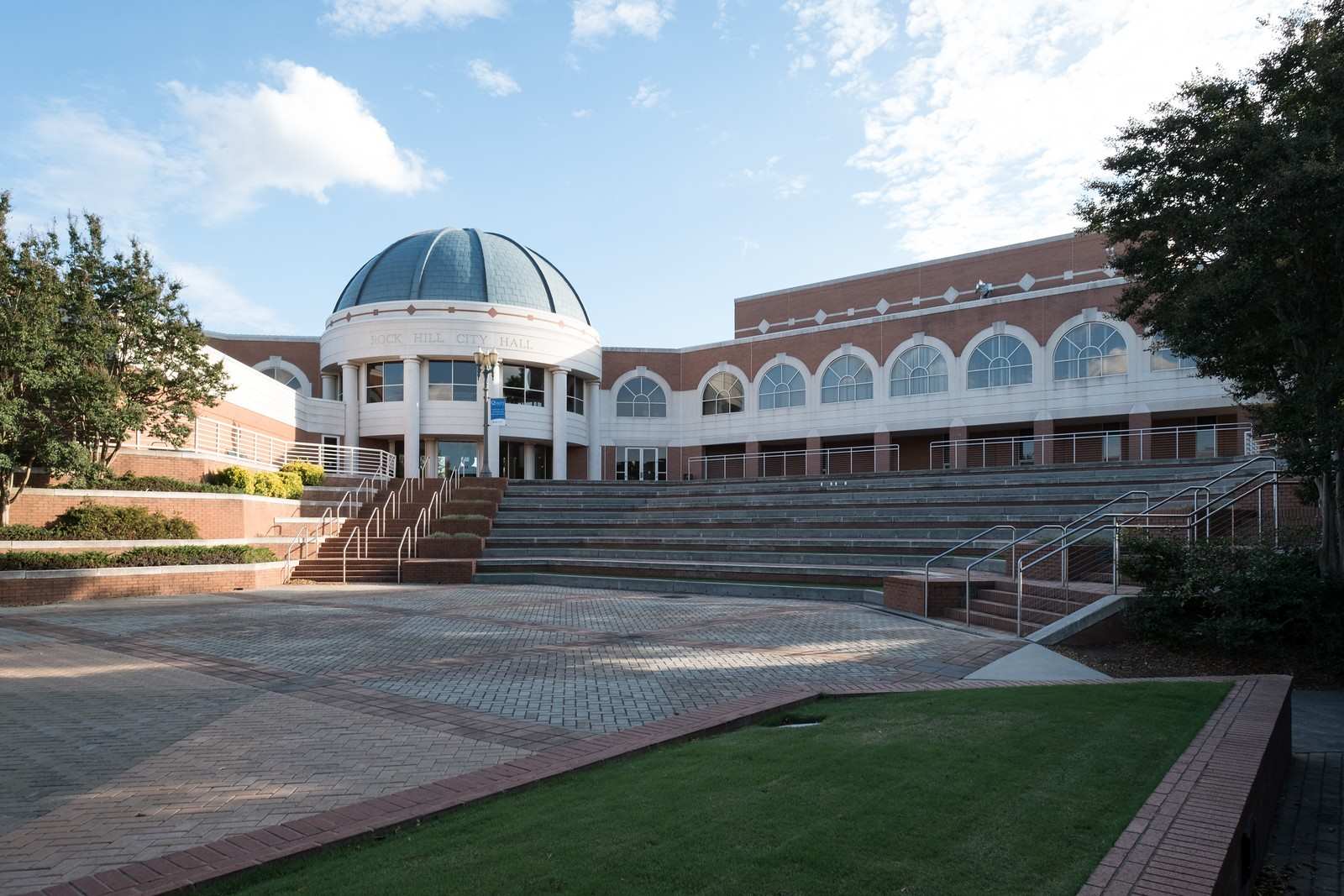
Local government plays a crucial role in our daily lives, but how much do you really know about it? From managing public services to ensuring community safety, local governments are the backbone of our neighborhoods. Did you know that local governments are responsible for maintaining public parks, libraries, and even local roads? They also handle waste collection, public health services, and local law enforcement. Understanding the functions and responsibilities of local government can help you become a more informed and engaged citizen. Curious about how your local government operates? Here are 15 facts that will give you a deeper insight into the vital work they do every day.
Understanding Local Government
Local governments play a crucial role in our daily lives, often more than we realize. They manage services and regulations that directly impact communities. Here are some fascinating facts about local government.
-
Local governments are the closest form of government to the people. They handle community-specific needs like public safety, education, and infrastructure.
-
There are over 90,000 local government entities in the United States alone. This includes counties, municipalities, townships, school districts, and special districts.
-
Local governments derive their powers from the state. Each state constitution outlines the authority and responsibilities of local governments.
Structure and Functions
The structure and functions of local governments can vary widely. Understanding these differences can help us appreciate their complexity.
-
Local governments typically have three branches: executive, legislative, and judicial. The executive branch is usually headed by a mayor or city manager, the legislative by a council, and the judicial by local courts.
-
City councils are often the legislative body of a municipality. They pass ordinances, approve budgets, and set policies for the city.
-
County governments often manage larger areas than municipalities. They provide services like law enforcement, road maintenance, and public health.
Funding and Budgeting
Funding is a critical aspect of local government operations. Without proper funding, these entities cannot function effectively.
-
Property taxes are a primary source of revenue for local governments. These taxes fund schools, police, fire departments, and other essential services.
-
Local governments also receive funding from state and federal grants. These grants support specific projects like infrastructure improvements or public health initiatives.
-
Sales taxes can also contribute to local government budgets. Some municipalities impose additional sales taxes to fund local services.
Public Services and Community Impact
Local governments provide a wide range of services that directly impact our daily lives. These services are essential for maintaining community well-being.
-
Public safety is a top priority for local governments. They manage police, fire departments, and emergency medical services to ensure community safety.
-
Local governments oversee public education. They manage school districts, hire teachers, and maintain school facilities.
-
Parks and recreation departments are managed by local governments. They provide community spaces for leisure, sports, and cultural activities.
Challenges and Innovations
Local governments face numerous challenges but also have opportunities for innovation. Addressing these challenges requires creativity and community involvement.
-
Budget constraints are a significant challenge for local governments. They must balance limited resources while meeting community needs.
-
Technological advancements offer opportunities for local governments. Implementing smart city technologies can improve efficiency and service delivery.
-
Community engagement is vital for local government success. Encouraging public participation in decision-making processes leads to better outcomes for everyone.
The Power of Local Government
Local governments play a crucial role in our daily lives. From maintaining roads to ensuring public safety, they handle many responsibilities that directly affect our communities. They manage local schools, parks, and public transportation, making sure services run smoothly. Local governments also have the power to levy taxes, which fund essential services like police, fire departments, and public health initiatives.
Understanding how local governments work helps us appreciate their impact. They provide a platform for citizens to voice concerns and participate in decision-making. Voting in local elections and attending town meetings are ways to get involved and make a difference.
By staying informed and engaged, we can help shape the policies and services that affect our neighborhoods. Local governments may not always get the spotlight, but their work is vital to our everyday lives.
Was this page helpful?
Our commitment to delivering trustworthy and engaging content is at the heart of what we do. Each fact on our site is contributed by real users like you, bringing a wealth of diverse insights and information. To ensure the highest standards of accuracy and reliability, our dedicated editors meticulously review each submission. This process guarantees that the facts we share are not only fascinating but also credible. Trust in our commitment to quality and authenticity as you explore and learn with us.


